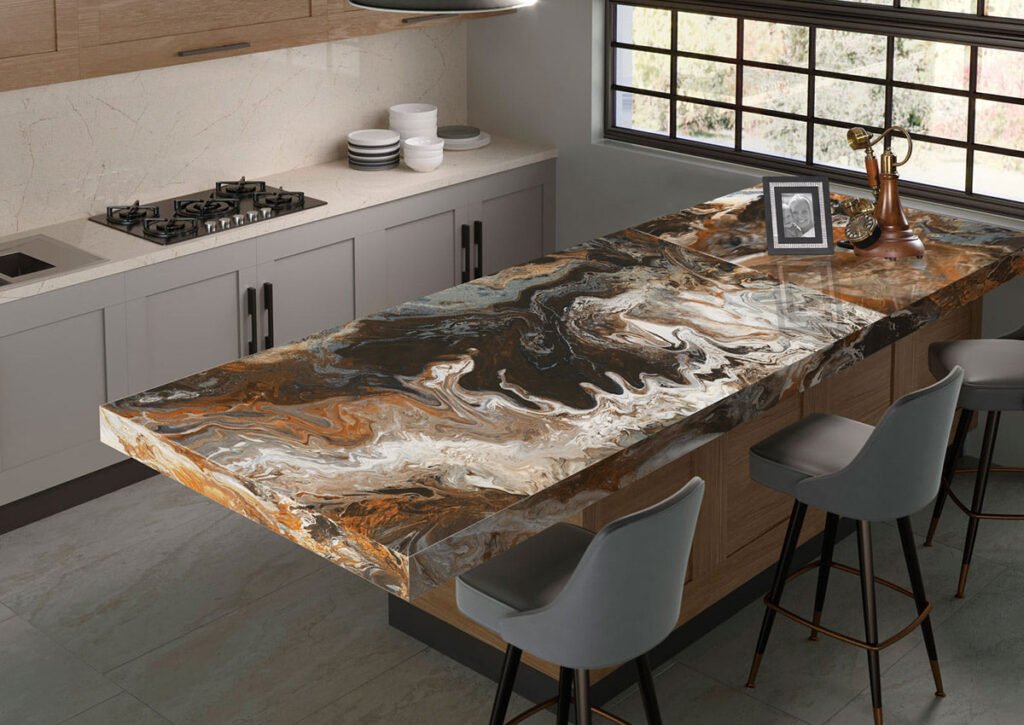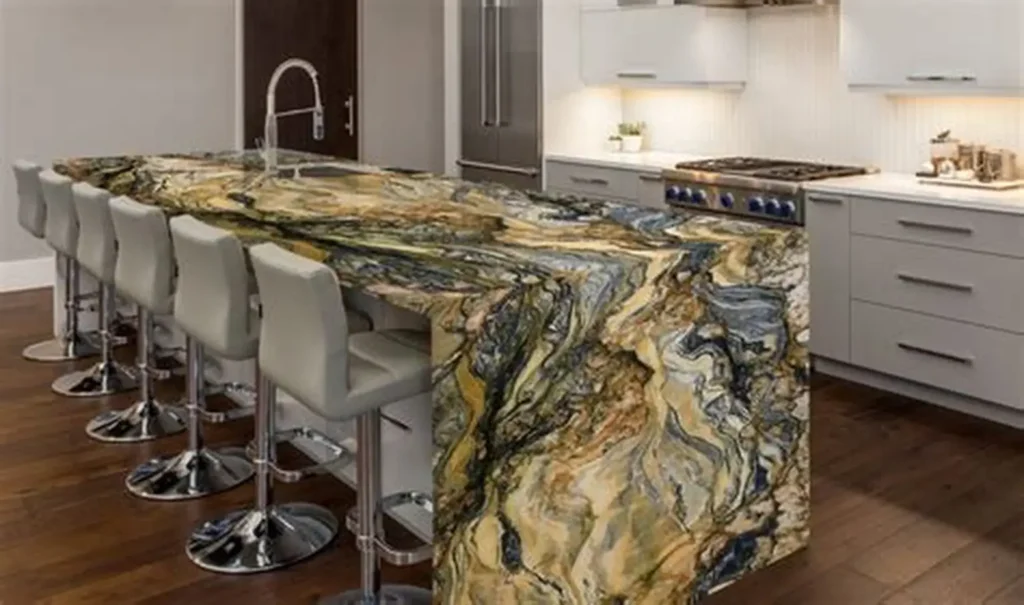Granite is one of the most well-known and widely used rocks in the world. Whether in sculpture, architecture, or as kitchen countertops, granite has a long-standing reputation for durability, strength, and aesthetic appeal. But despite its popularity, many people still ask a fundamental geological question: Is granite a sedimentary rock? The answer lies in its formation, mineral composition, and how it compares to other rock types.
In this article, we’ll explore the origin of granite, break down the difference between igneous, sedimentary, and metamorphic rocks, and clarify where granite fits in the grand scheme of earth science.

Understanding Rock Classification
The Three Main Rock Types
All rocks fall into one of three broad categories:
- Igneous rocks – formed from the cooling and solidification of molten magma or lava.
- Sedimentary rocks – created by the compaction and cementation of mineral and organic particles over time.
- Metamorphic rocks – formed when existing rocks are subjected to intense heat and pressure, altering their structure and composition.
Where Does Granite Fit?
Granite is not a sedimentary rock. Instead, granite is an intrusive igneous rock, meaning it forms deep underground from the slow crystallization of magma.
Is granite sedimentary? ✔ No.
Is granite extrusive or intrusive? ✔ Intrusive.

The Geology of Granite
Granite Composition and Texture
Granite is composed primarily of:
- Quartz
- Feldspar (both orthoclase and plagioclase)
- Mica (biotite and muscovite)
- Minor amounts of amphiboles and other minerals
This mixture gives granite its coarse-grained texture, where individual crystals are visible to the naked eye.
How Granite Forms
Granite forms beneath the Earth’s surface through the slow cooling of magma. This slow cooling allows large mineral crystals to develop, resulting in granite’s unique appearance.
This distinguishes granite from extrusive igneous rocks, which cool quickly above ground, resulting in finer grains.
Misconceptions About Granite
Why People Mistake Granite for Sedimentary Rock
There’s a common misunderstanding due to granite’s layered appearance and wide use in home decor. While sedimentary rocks like sandstone or limestone form from sediments layered over time, granite’s patterns are the result of mineral crystallization, not sedimentation.
Natural vs. Engineered Granite
It’s also important to differentiate natural granite stone from engineered granite (also called granite composite), which combines crushed granite with resins. Engineered versions may be confused with sedimentary materials due to their layered construction.
Granite in Interior Design and Construction
Granite Countertop Applications
Granite is prized for its:
- Durability
- Heat resistance
- Scratch resistance
- Low porosity when sealed properly
Granite kitchen countertops and granite bathroom vanities remain top choices for homeowners. Granite also appears in backsplash designs, flooring, and fireplace surrounds.
Aardwolf Granite Solutions
- Aardwolf granite countertop collection
- Aardwolf premium granite slabs
- Aardwolf granite installation services
- Aardwolf granite pricing guide
- Best Aardwolf granite colors for modern kitchens
Granite Maintenance and Restoration
Cleaning and Polishing
- Daily cleaning with mild soap and warm water
- Use granite-specific polish to restore luster
Sealing
Proper sealing prevents stains and improves granite’s longevity. Read about How to Fix Discolored Granite Countertops and How to Fix Pitting in Granite Countertops for best results.
Repairs
Granite may chip or scratch under stress. Expert repair services can restore the surface without needing replacement.
Comparing Granite to Other Rocks
Granite vs. Quartz Countertops
Granite is a natural stone, while quartz countertops are engineered. Quartz is non-porous and requires less maintenance, but granite offers natural beauty.
Granite vs. Marble and Soapstone
- Granite vs marble: Granite is more durable and stain-resistant
- Granite vs soapstone: Soapstone is softer and more heat-resistant but scratches more easily
Natural stone countertop comparison always includes these discussions.
Granite vs. Concrete
Granite is generally preferred for long-term durability and luxury aesthetics. Granite is better than concrete countertops in most high-end applications.
Where to Buy Granite
Sourcing and Pricing
- Wholesale granite suppliers offer bulk pricing
- Affordable granite countertop options are available at clearance centers
- White granite countertops, black granite countertops, and other colors available for custom design
Trusted Brands and Showrooms
Check with Aardwolf premium granite suppliers and certified installers for best results. Their jib crane systems ensure safe handling during installation.
Conclusion: Granite Is Not Sedimentary
To summarize, granite is not a sedimentary rock. It is an intrusive igneous rock, formed from slow-cooling magma beneath Earth’s crust. Its durability, beauty, and geological story make granite one of the most admired natural stones worldwide.
To explore more: Summary About Granite
For those curious about granite’s rock classification: What kind of rock is granite? and What rock is granite?.

